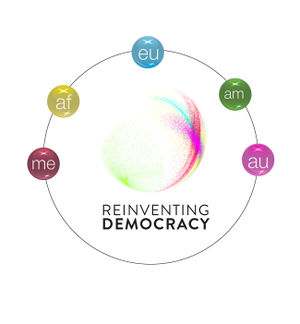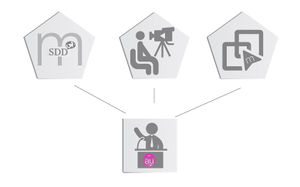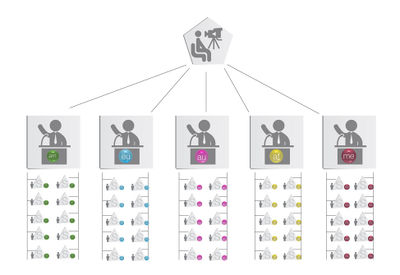Quick Overview: Difference between revisions
No edit summary |
No edit summary |
||
| Line 6: | Line 6: | ||
==Key objective== | ==Key objective== | ||
The key objective is to increase youth participation in democratic governance by empowering young people from across the world to invent and propose new, innovative and concrete actions. More than 1000 young people will contribute with ideas face-to-face and virtually during five Co-Laboratories engaging ICT and structured democratic dialogue methodology. The process is designed to mobilize young people and to increase interaction among youth globally with the aim to advocate for and enable meaningful youth participation in democratic processes. | The key objective is to increase youth participation in democratic governance by empowering young people from across the world to invent and propose new, innovative and concrete actions. More than 1000 young people will contribute with ideas face-to-face and virtually during five Co-Laboratories engaging ICT and structured democratic dialogue methodology. The process is designed to mobilize young people and to increase interaction among youth globally with the aim to advocate for and enable meaningful youth participation in democratic processes. | ||
==Problem Analysis== | |||
Despite low youth participation in political processes and elected institutions, young people participate in democratic life through other means, such as political movements, youth organizations, and ad-hoc community initiatives mostly on informal arenas. Their meaningful participation in these processes depends on the political, socio-economic and cultural context and requires both young people and youth organizations to have the opportunities and capacities for youth participation, as well as operate within an enabling environment for civil society and especially young people. The disengagement of young people in democratic processes is the long-term problem to be solved. | |||
==Global Scope== | ==Global Scope== | ||
| Line 57: | Line 60: | ||
==More than one hundred [[Core Participant}Core Participants]]== | |||
{| | |||
|[[File: RD_Core_Shadow.jpg|left|thumb]] | |||
| [[Core Participant}Core Participants]] are the central actors of the project | |||
* [[Join as Core Participant in the Structured Democratic Dialogues| Join as Core Participant]] | |||
|} | |||
[[File: RD_Mentors.jpg|left|300px]] | [[File: RD_Mentors.jpg|left|300px]] | ||
| Line 71: | Line 80: | ||
[[File: RD_MentorsNet.jpg|left|400px]] | [[File: RD_MentorsNet.jpg|left|400px]] | ||
Revision as of 08:02, 18 July 2015
Reinventing Democracy in the Digital Era is a project funded by the United Nations Democracy Fund (UNDEF) and implemented by Future Worlds Center. There are five partner/liaison contact points, one in each of the five region who are supporting the regional activities.
The project invites everyone on the globe, individual , initiative or organization who is interested in the vision, to approach Future Worlds Center and explore way to collaborate.
Key objective
The key objective is to increase youth participation in democratic governance by empowering young people from across the world to invent and propose new, innovative and concrete actions. More than 1000 young people will contribute with ideas face-to-face and virtually during five Co-Laboratories engaging ICT and structured democratic dialogue methodology. The process is designed to mobilize young people and to increase interaction among youth globally with the aim to advocate for and enable meaningful youth participation in democratic processes.
Problem Analysis
Despite low youth participation in political processes and elected institutions, young people participate in democratic life through other means, such as political movements, youth organizations, and ad-hoc community initiatives mostly on informal arenas. Their meaningful participation in these processes depends on the political, socio-economic and cultural context and requires both young people and youth organizations to have the opportunities and capacities for youth participation, as well as operate within an enabling environment for civil society and especially young people. The disengagement of young people in democratic processes is the long-term problem to be solved.
Global Scope
The initiative has a global scope.
|
Key Players

|
Funding Organization
|
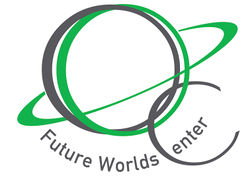
|
Implementing Organization
|

|
Regions The project is being implemented in five regions. The initiative in each region is called: |
 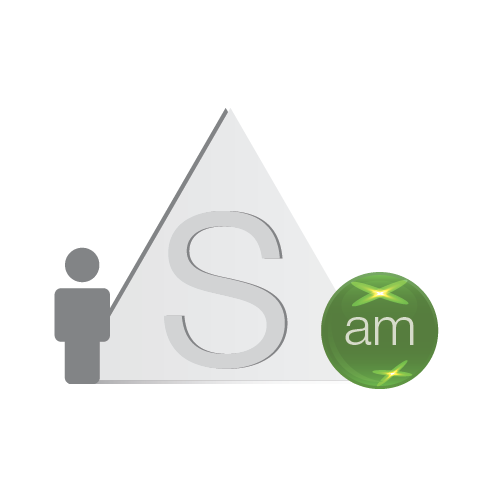
|
Core Participants and Shadow Participants
|
  
|
Three different types of Mentors |
  
|
Regional Coordinators |
  
|
Country Liaisons |
  
|
Project Endorsements Many individuals, authorities and orgnaizations are endorsing the project by placing it under their auspices |
More than one hundred [[Core Participant}Core Participants]]
| [[Core Participant}Core Participants]] are the central actors of the project |
